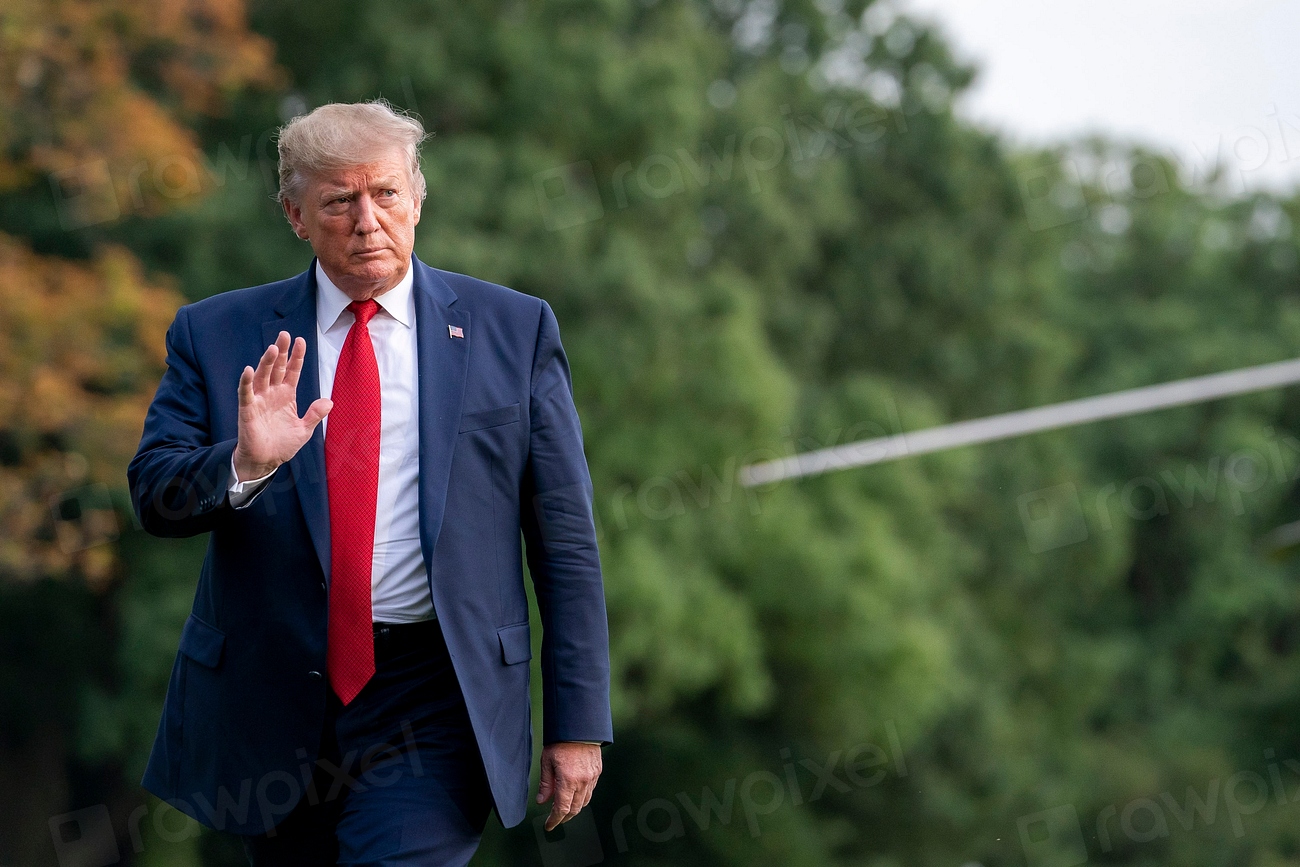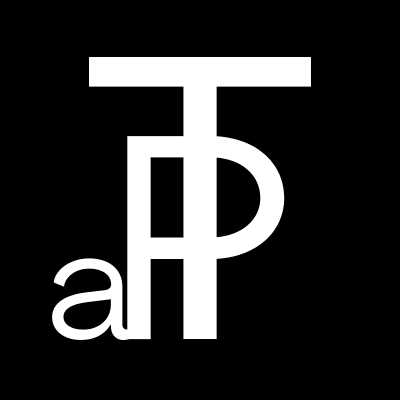Last week, the world held its breath as Donald Trump unveiled a sweeping tariff plan—a move poised to upend global trade and redraw economic power dynamics. A flat 10% tariff on all nations, coupled with punitive “reciprocal” tariffs targeting 60 countries, sent shockwaves through established alliances.
European politicians predictably decried the move as erratic, attributing it to Trump’s supposed impulsiveness. Yet dismissing this as mere chaos ignores the strategic brilliance at play—a calculus rooted in game theory and the psychology of deterrence.
The Madman Theory and Schelling’s Influence
Trump’s strategy is no random act, but a calculated application of the “Madman Theory”—a concept popularized by Nixon strategist H.R. Haldeman. The premise? Projecting unpredictability and willingness to take extreme measures forces concessions from adversaries.
This approach finds intellectual grounding in Thomas Schelling’s Arms and Influence, which posits that in geopolitics, the credible threat of future harm outweighs damage already inflicted. As Schelling observed:
“Coercion depends more on the threat of what is yet to come than on damage already done… diplomacy requires that an impressive unspent capacity for damage be kept in reserve.”
Trump’s tariff rollout—implementation followed by partial withdrawal—perfectly demonstrates this principle.
Global Geopolitical Realities
European leaders, mired in diplomatic platitudes, fundamentally misunderstand this dynamic. Their approach – all rhetoric, no leverage – leaves them powerless in face of hardball tactics.
Consider the stark reality: Which nations can truly endure a prolonged trade war with America? Only China possesses meaningful capacity—and even Beijing treads carefully.
The 90-Day Pause: Strategic Theater
The temporary tariff imposition wasn’t policy chaos—it was credibility established. The subsequent pause serves multiple purposes:
- Demonstrates resolve while appearing reasonable
- Forces reassessment as nations confront their actual leverage
- Maintains threat potential—that “unspent capacity” Schelling emphasized
To critics dismissing tariffs as “unscientific”: Trade wars aren’t about economic models—they’re about power. Always have been.
Conclusion: The Rules Haven’t Changed – Europe Just Forgot Them
Trump isn’t rewriting the rules—he’s applying ancient principles of statecraft that Europe’s leadership, in their pursuit of moral posturing, have neglected. The results speak for themselves:
- Trade partners are already making concessions
- Adversaries are recalculating their positions
In geopolitics, credible threats backed by power will always outperform empty pronouncements. That’s not erratic—that’s elementary.





